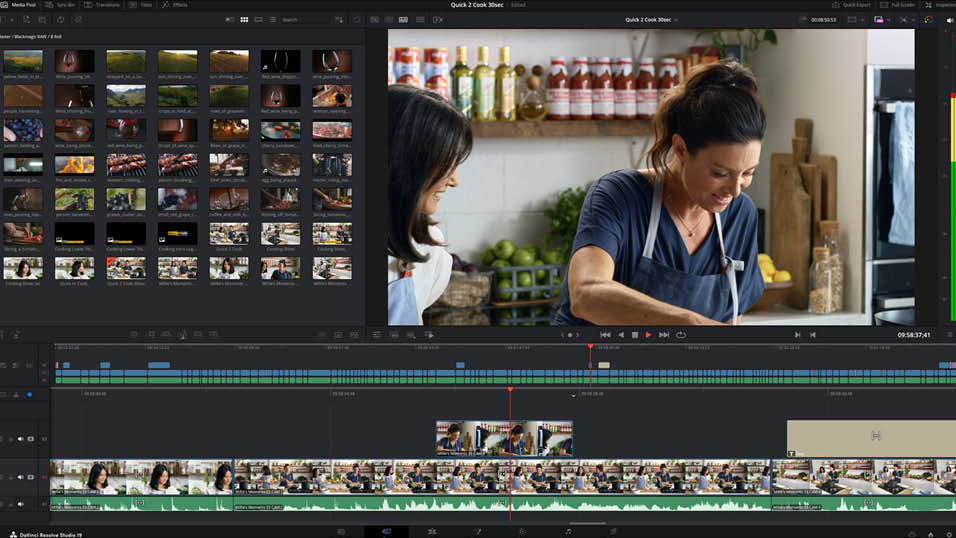A new report on the impact of the UK’s Film and TV Production Restart Scheme says it supported over £3bn in production spending and nearly 50,000 full-time equivalent jobs.
The report from Nordicity and accountancy firm, Saffery Champness also says that the scheme will ultimately cost the government just under £20m.
The Film and TV Production Restart Scheme was set up by the government back in 2020 to fill the gap for productions that couldn’t get insurance against losses incurred as a result of Covid 19.
The Scheme started in October 2020 and committed to absorbing up to £500m in COVID-19-related losses incurred by UK-based film and TV producers. It closed to new applicants in April 2022, covering losses incurred up to June 2022.
The evaluation, which was commissioned by the British Film Institute for DCMS, found that the Scheme was critical to helping UK producers resume production of independent films and television programmes, whilst restoring their business confidence during the pandemic.
The report states that 1,259 individual TV and film productions were supported by the scheme and the total production expenditure of productions registered with the Scheme was £3.06bn.
More than half of the production expenditure, £1.6bn, by Scheme registrants came from the High-End TV sector. Almost half of the productions registered (552) with the Scheme were factual / documentaries.
The expected value (at the time of publication) of compensation claims paid to registered productions is £49.5m, approximately 10% of the £500m budgeted for by the Scheme and £19.5m is the net cost (at the time of publication) to the Government of the Scheme (i.e. total expected claims and operating costs less collected Scheme registration fees).
£2.25bn is the figure given for additional gross value added (GVA) generated by the Scheme incorporating direct, indirect and induced economic impacts (ranging from job creation to supply chain spend). £1.15bn of GVA was directly within the UK’s TV and film industry. There were 48,500 full time equivalents (FTEs) of employment generated by the Scheme.
Dustin Chodorowicz, partner at Nordicity and one of the lead authors of the report, said: “The Government introduced the Film and TV Production Restart Scheme at pace during a period of heightened uncertainty about the what would happen to the UK’s world-leading and film and TV production industry and workforce, not to mention the overall economy. Against this challenging backdrop, the Scheme has been an unbridled success in achieving its objective of enabling the UK’s talented and film and TV producers, creators, crews and cast to quickly resume production. In doing so, it protected tens of thousands of jobs in the UK from the effects of the COVID-19 economic downturn. Indeed, many of the freelance workers brought back to work by the Scheme would not have been eligible for the Government’s furlough scheme or other Coronavirus temporary support. So not only did the Scheme restore business confidence within the UK production industry across all regions of the UK, but it was instrumental in helping to protect the UK’s highly skilled workforce, thereby, positioning the country to benefit from strong worldwide demand for film and TV content during the pandemic.”
Jon Creamer
Share this story

















